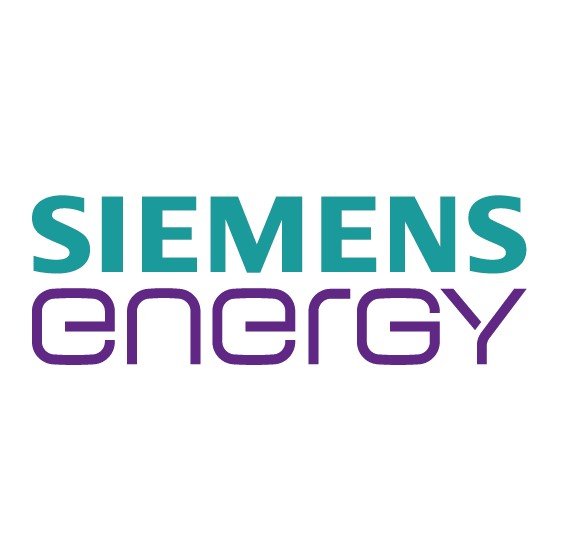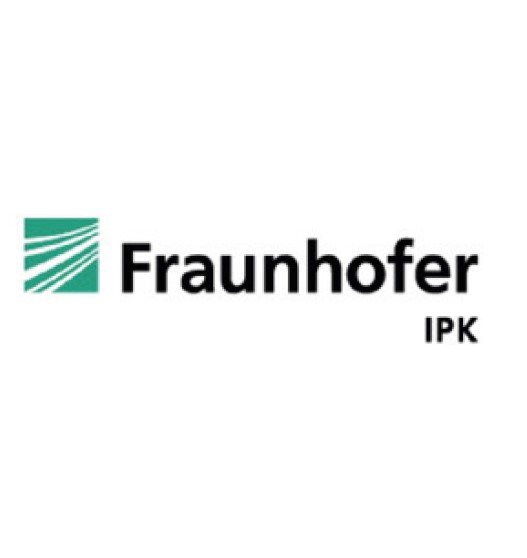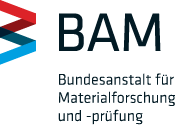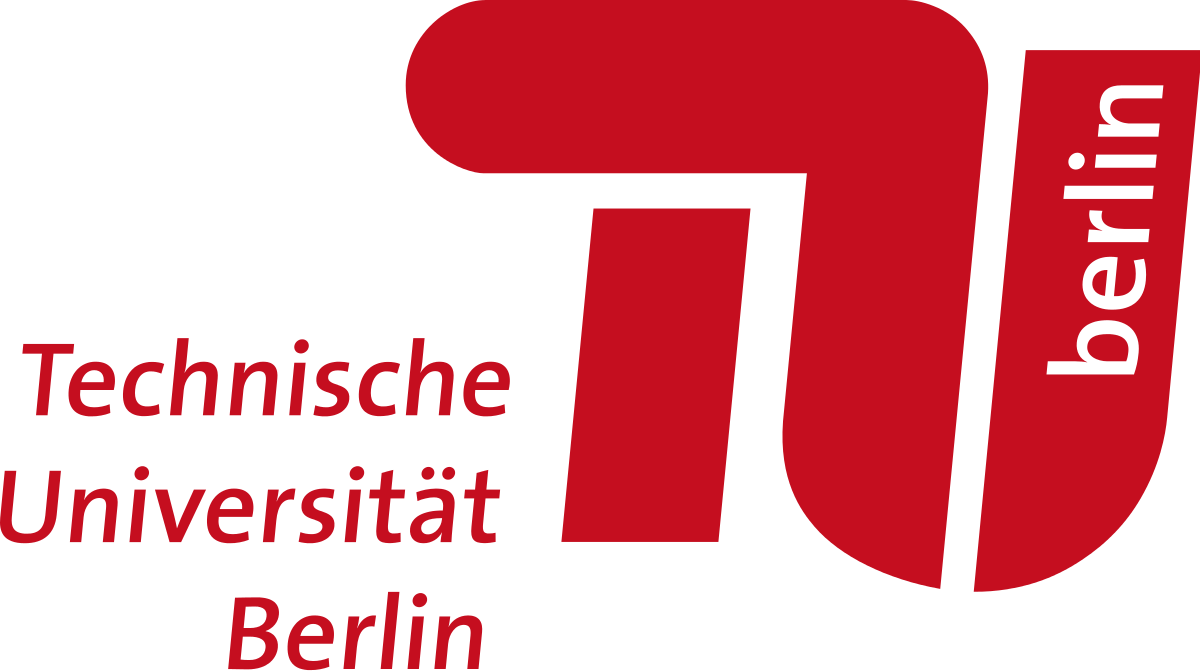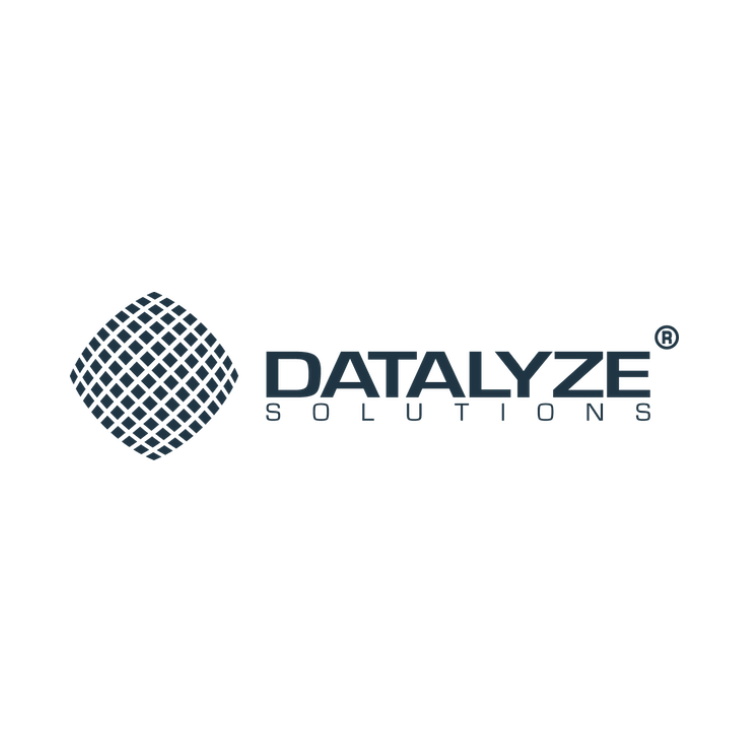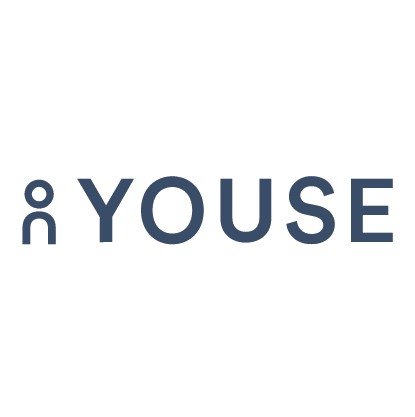WvSC MRO 2.0 (Phase 2)
Werner von Siemens Center for Industry and Science (WvSC)
PROJECT DESCRIPTION
Maintenance,Repair and Overhaul (MRO)
OBJECTIVES
The funded project MRO 2.0 - Maintenance, Repair and Overhaul with the repair chain "Upgrade instead of classic repair" is being worked on within the framework of the Werner-von-Siemens Centre for Industry and Science.
In phase 2 of MRO 2.0, the research and industry partners aim to work on the results developed in phase 1 as well as other issues arising in this context, with human-machine interaction, sustainability and comprehensive networking forming fundamental focal points for the realization of the repair process chain.
OUR CONTRIBUTION
Gestalt Robotics is involved in several work packages:
MRO2.DI2 Networked Shopfloor
The goal of the work package is to provide scalable networking concepts for continuous shadow data collection for local use or for interaction with different digital machine or component twins. Based on networked edge, fog and cloud computing, intelligent, modularized and distributed software services will be provided and tested, which will be elaborated in corresponding sub-work packages.
Gestalt Robotics contributes with expertise and support in modeling and designing edge cloud solutions, specifically over 5G networks and for closed-loop control systems. We conceptualize, design and develop scalable microservices in distributed systems with a focus on assistance technologies, as well as develop and optimize image processing methodology.
MRO2.DI-4 Smart Expert Operation
The goal of the work package is the methodical qualification of risk-aware, AI-integrated processes in the MRO process as well as the operation of these AI solutions. In addition, a universally applicable metric for analyzing AI decisions such as upgrading to new AI solutions or selecting the appropriate training strategy is sought.
In this regard, Gestalt Robotics is responsible for the development of quality and qualification metrics of AI models in image processing.
MRO2.AM-3 Image-based Quality Tool for In-situ Monitoring of L-PBF Processes
The goal of this work package is to implement a camera-based, vendor-independent quality tool for in-situ monitoring of the Laser Powder Bed Fusion (L-PBF) process. The monitoring system shall detect defects in the build-up process at an early stage and thus enable an intervention in the manufacturing process. The system is to automatically detect error images and display them via a system-independent interface.
Gestalt Robotics is developing an AI-based defect detection system as well as providing support for test piece development and the development of distortion control.
© Siemens Energy
MRO Process Chain ©WvSC
Key facts
Scalable Shopfloor Networking
Edge, fog and cloud computing
Continuous shadow data collection
Intelligent distribution of software services
Quality Tools
Monitoring of additive manufacturing processes
Predictive ferhelr detection and process adaptation
Test piece development and warpage control
AI Qualification
Method development for AI integration
Metrics and analysis of AI decisions
Quality and qualification metrics for AI
AI Life Cycle Management
Holistic AI lifecycle management
Integrated quality assurance
Automatic deployment and updates
PartnerS & CONSORTIUM
Siemens Energy AG
Fraunhofer IPK
Bundesanstalt für Materialforschung und -prüfung
Technische Universität Berlin
CONTACT Software GmbH
SERVITIZE UG
Datalyze Solutions GmbH
KleRo GmbH Roboterautomation
YOUSE GmbH
Funding
Berlin Senate, co-financed by the European Regional Development Fund (ERDF)
Program
“ProFIT – Projektfinanzierung”
Duration
01.2023 – 12.2024
Project Management Agency
Investitionsbank Berlin (IBB)
Project poster
Project poster (German) as printable PDF
This project is/was financed with funding provided by the Berlin Senate, co-financed by the European Regional Development Fund (ERDF) under the “ProFIT – Projektfinanzierung” program and managed by the Project Management Agency Investitionsbank Berlin (IBB). The author is responsible for the content of this publication.







